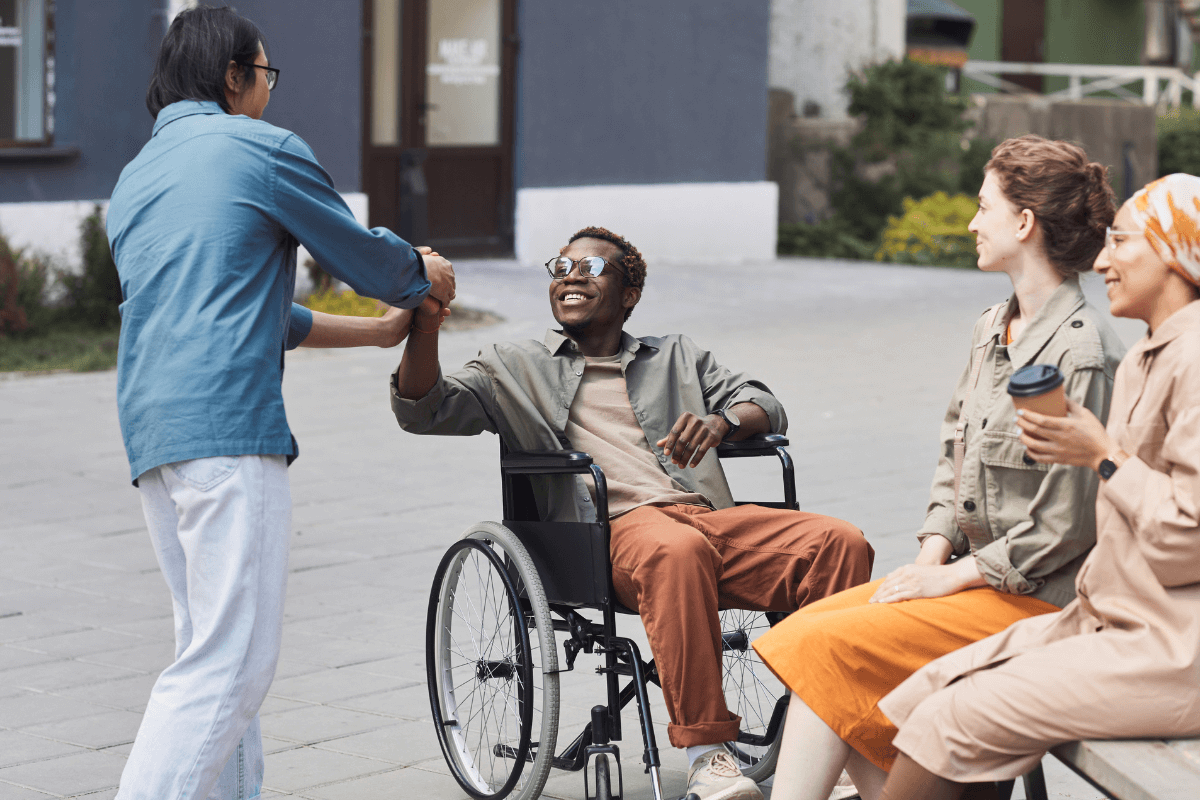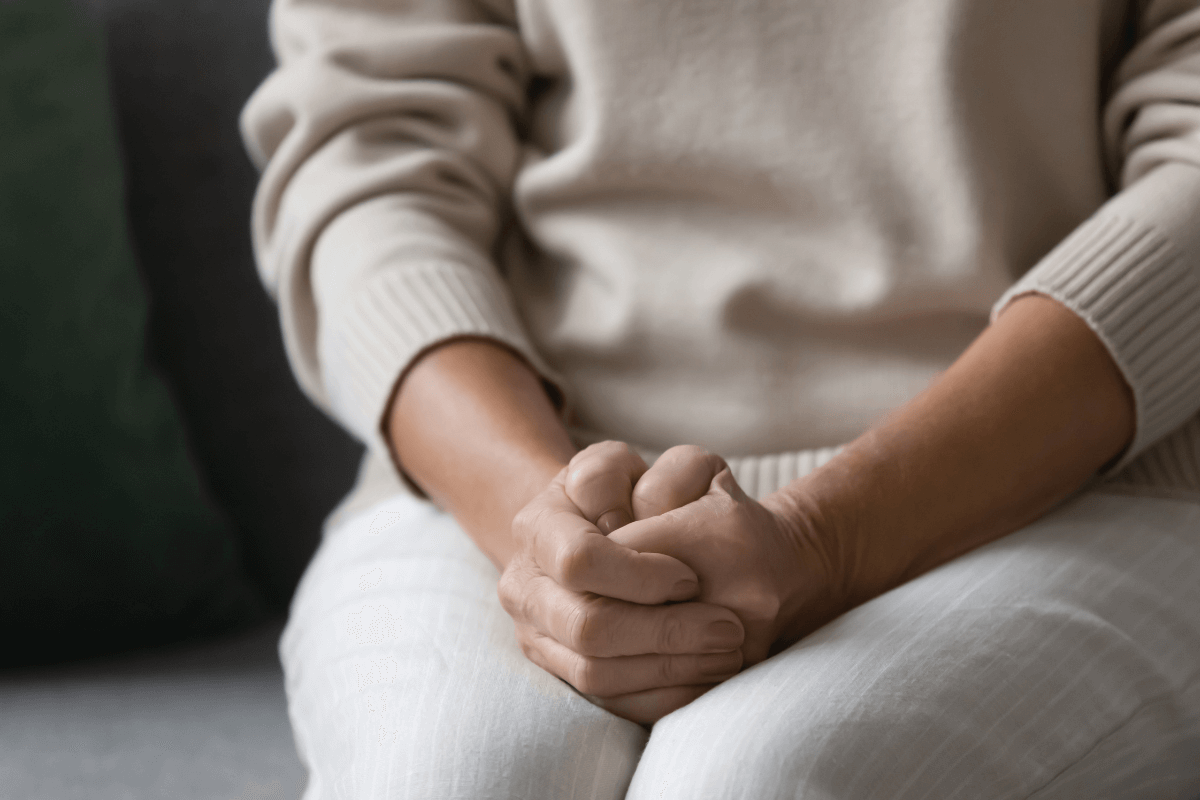Do introverts get lonely?
Studies have shown loneliness isn’t necessarily related to being alone.
Introverts can be perfectly happy on their own, or terribly lonely in a crowd.
A lot of the time, introverts need solitude and quiet to recharge themselves. This can make it harder for them to create and maintain social connections, and there can be a point where “alone” becomes “lonely”.
If this sounds like you, we hope our advice to avoid loneliness as an introvert helps.
Find your people
This comes in two parts: the people you socialise with, and the way in which you socialise.
The key is to choose quality over quantity when it comes to your social connections. Find the people who make you feel most comfortable and prioritise those friendships. This could be just one or two people, and that’s OK.
For a lot of lonely introverts, loneliness isn’t a need for people but a need for connection, and this is something you can get from just one close relationship.
Choose enjoyable ways to socialise
Find activities to do with your friend/s that you genuinely enjoy and don’t drain you.
For example, you might not like the noise and busyness of going out to a bar or wandering around the crowded weekend markets. Opt for something quieter such as hosting a friend for a movie night at home or meeting for a picnic instead.
If you’re nervous about running out of things to talk about, going to a cinema, theatre, or concert can alleviate this pressure.
Just enjoying an activity with a friend silently by your side can bring a sense of connection without the need to carry a conversation.
Maintain balance between solitude and connection
It can be all too easy to get in the habit of avoiding social events and staying at home where we feel safe and comfortable. But this can lead to unhealthy social withdrawal and loneliness.
Challenge yourself to accept and initiate social invitations on occasion to maintain a more balanced schedule of time alone and time with others.
If you know socialising drains you and you need alone time to recharge, be sure to book this in afterward.
Get a change of scenery
Getting out and about – even in solitude – may help reduce feelings of loneliness.
Take your book to a park, beach, or café and read alone in a new environment, or go for a walk in a nearby nature trail.
Nature is known to help boost our mood and improve our mental health, so you may find getting out of the house can reduce negative emotions such as loneliness.
If you need someone to talk to, our counsellors offer a safe space to explore your thoughts and feelings and find ways to cope.
You can learn more about our counselling service here, or call 1300 364 277 to make an appointment.
We list some tips to overcome social isolation in this blog post

